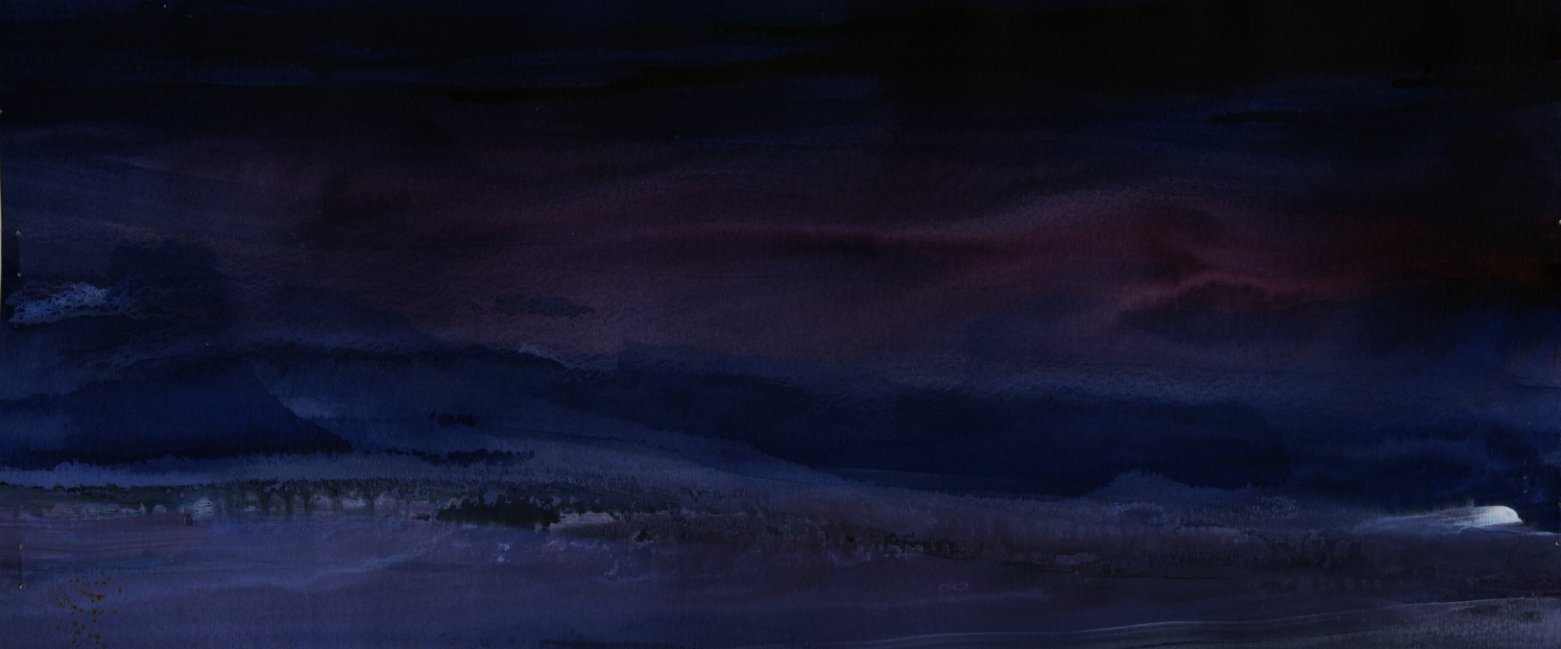

A Pause For Beauty
One ought every day at least to hear a little song, read a good poem, see a fine picture,
and if it were possible, to speak a few reasonable words.
- Goethe
. . .
The Story of Li Ssu-hsun and Wu Tao-tzu:
Emotion Reflected In Tranquility
Nature is not benevolent:
with ruthless indifference she makes all things serve their purpose. . .
- Laozi, as quoted in The Wisdom of the East: The Sayings of Lao Tzŭ,
translated from the Chinese by Lionel Giles, 1904

Numerous anecdotes testify to the fact that Chinese painting has long been an art of the studio rather than of the on-the-spot execution — in short, of Wordsworth's “emotion reflected in tranquility,” though not at all in a romantic sense. There is one famous story of two painters, Li Ssu-hsun and Wu Tao-tzu, who were commissioned by the emperor to produce paintings showing the thousand miles of the Kialing River. Li worked furiously on sketches and notes while Wu wandered around admiring the beauty and wildness of the country along the great river. Then both artists returned to the capital. Li, the realist, set to work with the help of his sketches to paint the entire length of the river on the palace walls. But Wu haunted the inns, drank wine and enjoyed the singing girls, doing no work at all. Within the palace, the courtiers began to get worried, but outside, Wu was perfectly happy and without a care. There were only one or two days left until the time limit set by the emperor would expire. Li's painting was already taking glorious shape when Wu finally appeared at the palace and started work. With tremendous zest and great sweeping strokes, he began to throw the bristling spirit of the Kialing onto the walls. Mountains soared into the air on the wings of his brush, torrents roared around the bends in the cliffs, and the solitary footsteps of pilgrims clattered hollowly over the fragile bridges. In two days, Wu had conjured up a masterpiece a hundred times worthier than Li's splendid art.
Wu had concentrated not on objective reality, but on the essential nature of things. . .
- Fritz Van Briessen, The Way of the Brush
My reflection:
Mountains and rivers have a spirit
Difficult to paint
First you need to travel the river
Admire its beauty and wildness
And then, before painting, hang out in inns
Drink wine and enjoy the company
Of singing girls
And then, with great sweeping strokes
Keeping in mind it all
The wild river, the wine, the singing girls
The zest, the zeal, for life
Paint river and mountains.
- from Wild Waters And The Tao. Currently unavailable, I’m working on a new edition in journal format.



